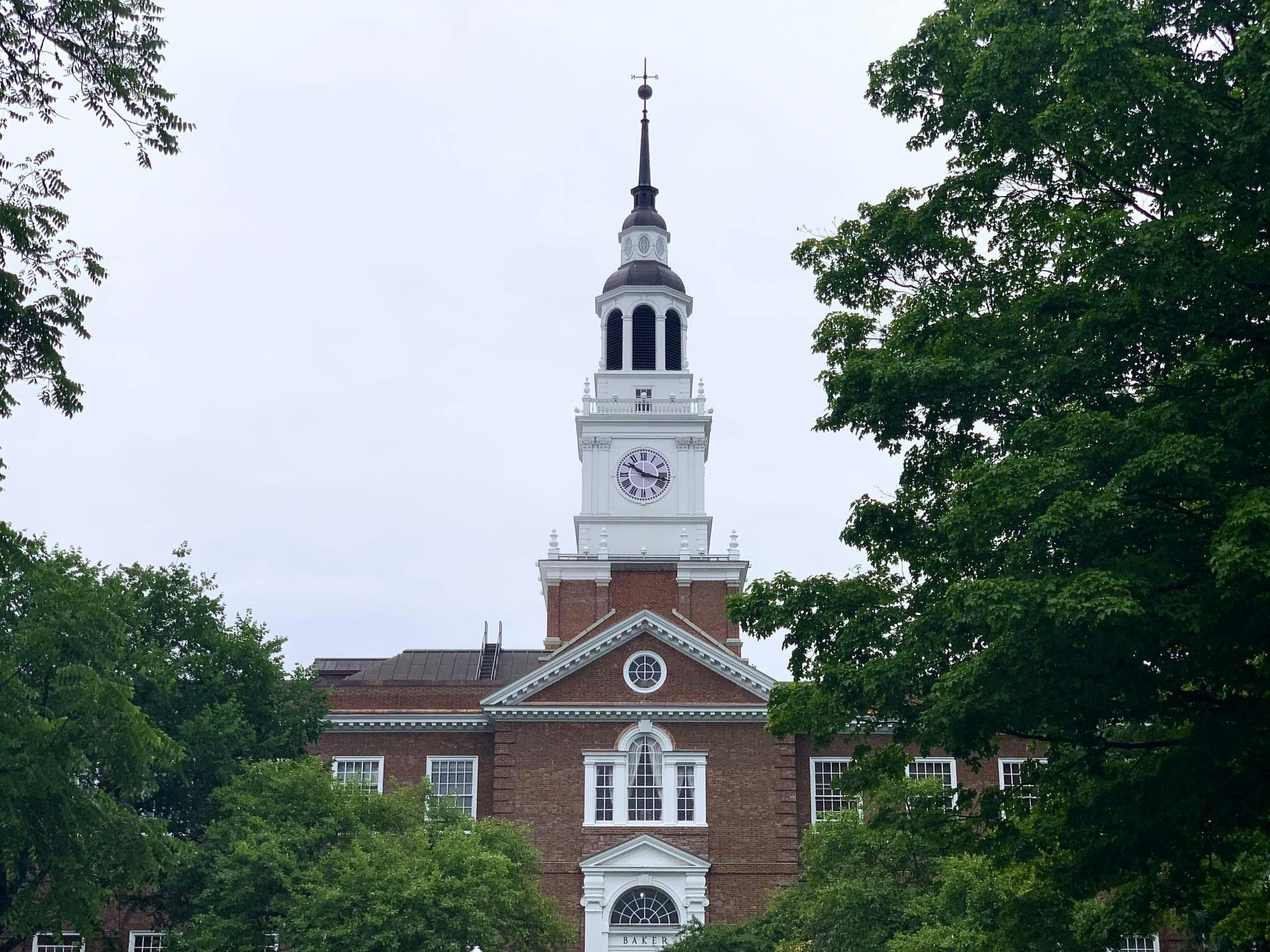The Dartmouth Asian American Student Collective — a new student group on campus — is advocating for the implementation of a robust Asian American Studies program at Dartmouth. As a continuation of a 25-year effort by student and faculty activists, the group released its first formal statement — which has already accrued over 160 signatures — on Monday.
Lily Ren ’23 and Maanasi Shyno ’23 assembled the student collective in the summer of 2021 to address the lack of Asian American courses offered at Dartmouth, ultimately striving to implement a formalized Asian American studies program.
“Asian American studies is essential to ethnic studies, [and] it should be a central part of our education,” Ren said. “So much history just gets lost when there is no concrete way to study Asian American studies. We were just really frustrated. What does not having Asian American studies say about [our] college?”
In 2018, the Asian and Middle Eastern Studies program disbanded and splintered into the Middle Eastern Studies and Asian Societies, Cultures, and Languages programs. Distinct from what the DAASC envisions in an AAS program, ASCL offers courses on broad “area studies,” failing to capture the nuances of Asian American identity, Ren said.
Shyno cited as a prime example ASCL 70.02, “East Meets West,” which she said explores diasporic exchanges between east and west Asia but omits the Asian American experience.
“Asian American Studies is more than just diaspora,” Shyno said. “There are central focuses in gender, sexuality, labor, immigration and how they’re all tied to each other.”
Students are not the only ones who are frustrated with the lack of an AAS program. WGSS professor Eng-Beng Lim said that current and past faculty have voiced concerns over the apparent hole in Dartmouth’s program offerings.
“All you have to do is look at the interdisciplinary programs, and you will see we have Native American studies, African American studies [and] LatinX studies,” Lim said. “Can someone explain why Asian American studies is left out of the loop? I mean, it is as simple as that. Why?”
According to Ren and Shyno, DAASC aims to “voice the frustrations” of disparate groups within the Dartmouth community.
“There's so much depth to Asian American culture that is not recognized across studies,” Shyno said. “It goes beyond just understanding the influences of modern day colonialism. I think there is more nuance that we just don't get to look into because the baseline isn't covered at all.”
On Sept. 25, the collective had their first meeting, where members of the student body drafted DAASC’s Oct. 4 statement. Sanjana Raj ’25, who attended the meeting, noted that there was a sense of “agency” while drafting the statement.
“Now we're not just thinking about what we want… now we have to actually [get what we want] out there,” Raj said. “There is nothing performative about it.”
The movement has already achieved progress. Lim shared that faculty were discussing the transformation of the Latin American, Latino, and Caribbean Studies department into the Department of Americas, a potential space for the AAS program.
DAASC is not the first group in Dartmouth’s history to attempt to formalize an AAS program. In Jan. 1996, the movement formally began when four Asian American students at the College discovered “racial epithets scrawled on their doors,” according to a document published on the Asian American Students for Action @ Dartmouth’s website. The document stated that the incident — along with several other discriminatory acts against Asian American students — precipitated a 1996 “rally against injustice” attended by over 400 students in front of Parkhurst Hall. The College responded to the activists’ pleas by implementing two AAS courses but failed to create an AAS program, according to the document.
Over the past 25 years, students, faculty and alumni have built upon the activism of their predecessors — just this past March, following the shooting of six Asian women in Georgia, Lim circulated a petition urging the creation of an AAS program that garnered over 790 signatures. These efforts, however, have been largely “disregarded,” Lim said.
Professor Lim added that investing in an AAS curriculum will require investing in faculty.
“We need to actually have faculty scholars who are here permanently, not as contingent faculty or post-doctoral fellows who are here for a year or two,” Lim said. “We actually need a variety of faculty whose expertise is centered on the multiplicities of Asian American sociology and politics.”
In light of rising hate crimes against the Asian American community, Ren and Shyno said Dartmouth’s lack of an AAS program is particularly conspicuous. According to reporting by National Public Radio, the national coalition Stop AAPI Hate received over 9,000 incident reports from March 2020 to June — and, despite widespread social and political activism in the year of 2021, these incident reports appear to be growing in frequency.
Ren and Shyno noted that DAASC cannot get Dartmouth to implement an AAS program overnight. But they said they hope the recent upswing in political engagement surrounding Asian American issues will expedite the process.
“By the Class of 2025’s senior year, I want to see students take more Asian American courses,” Shyno said. “We know it’s going to take time. But we’re adding to a movement. We’ve waited 25 years. We don’t know how to wait anymore.”




